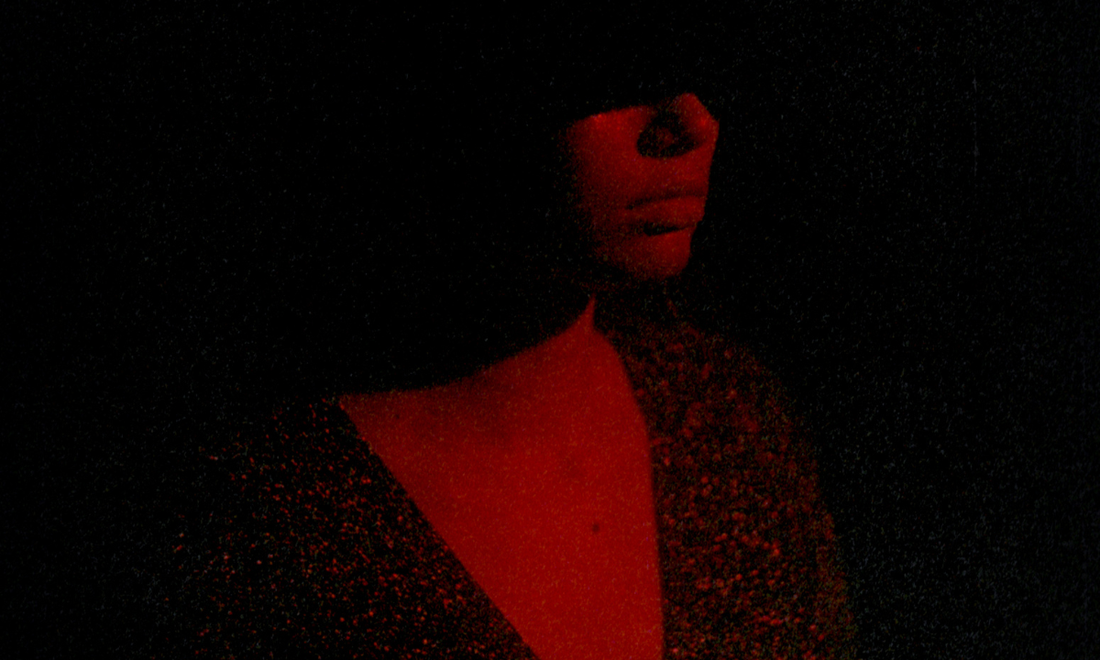
When Anger Becomes Compassion: Understanding Your Emotional Inheritance
Share
Have you ever been disproportionately angry at a small slight, then felt guilty for your reaction? Maybe you're someone who has pushed down your frustration until it manifested as anxiety, depression, or an unexplained illness. If this resonates, you might be carrying repressed anger, not just your own, but potentially generations of it.
The hidden cost of being "nice"
We're taught from an early age that anger isn't a nice emotion, something we shouldn't express. For women especially, this conditioning runs deep. When anger appears, we're told we're "too emotional" or "too sensitive," words that makes us feel like our own legitimate feelings are somehow wrong. We learn that taking up space, speaking out against injustice, or simply expressing dissatisfaction might make us unlikeable. So we push it down.
What many people don’t realise is that anger is classed as a secondary emotion in psychology. There's always something underneath it; fear, shame, hurt, a sense of injustice, a boundary being crossed. When you feel that surge of anger, your body is trying to tell you something important. The question isn't whether you should feel it, but whether you're listening to what it's trying to say.
Recent research into autoimmune conditions found an unusually high incidence of these disorders in women compared to men, with stress and repressed anger identified as two of the main contributing factors. When we keep everything inside, dealing with everything, taking everything on our shoulders, it doesn't just disappear. It either erupts at someone who has nothing to do with the original hurt, or it turns inward, manifesting in our bodies as physical illness.
The two faces of anger
Not all anger is destructive. There's what we might call "righteous anger", the kind that you feel when you witness injustice, when someone threatens what you love, when your boundaries are violated. This is protective anger, the emotion that gives you courage to be a whistleblower, to defend yourself, to stand up when no one else will. This anger is, in its own way, an act of compassion, for yourself and for others.
The problem comes when we can't express it appropriately. A lot of the time, we don't speak up about unfairness because it's not a popular opinion, or we don't want to be singled out. So it shows up instead as resentment, passive-aggressiveness, or that feeling of being overwhelmed by the smallest things. You snap at someone and feel guilty because you know it's not really about them, but you haven't yet asked yourself what it's really about. That’s because when we're in the grip of intense anger, the rational part of our brain stops working. We're reacting from a very primitive place, unable to think clearly until the anger passes, our nervous system settles, and we think, "Maybe I shouldn't have said that."
Creating space for reflection
The journey toward healthier emotional expression begins with creating space to reflect. Why did I get angry there? What was that really about? This isn't always easy to do alone, which is where shadow work can help.
Shadow map tarot readings offer a way to access these buried emotions and patterns. The process I've developed begins with a small ritual and meditation to connect with a client's energy. The reading itself, which I film, typically runs 45 minutes to an hour, exploring the hidden aspects of their emotions, the parts they've repressed, the anger they've been told not to feel, the patterns they can't quite explain.
What makes this approach powerful is that clients receive a recorded video they can watch privately, in a safe space, taking breaks when needed. They're not put on the spot to process intense emotions in real time. Along with the recording, I provide a written summary, photographs of the cards, personalised journal prompts, and a folklore story that connects to their particular journey. This gives them something to return to repeatedly, allowing insights to deepen over time.
The feedback has been amazing. People report hearing their own inner thoughts, ones they've never spoken aloud, reflected back to them. One client described phrases coming up in her reading that she'd said to herself exactly, word for word. At first, there's often resistance: "That's not me." But as they sit with it, often through tears, the recognition comes: "Actually, this makes a lot of sense."
Honouring the message
Working with repressed anger isn't about becoming aggressive or lashing out. It's about recognising that your anger has something to teach you. When you feel powerless in the face of injustice, when you're protecting what you love, when boundaries are being violated, your anger is trying to show you where compassion is needed, starting with compassion for yourself.
Just know that when you feel anger, that feeling exist for a reason. By acknowledging it, you’re creating a safe space to explore it and work out what it’s trying to tell you. Then you can begin to break the cycle of repression that can span generations.
And if you still worry about being "too sensitive" or "too emotional", know that it isn't a flaw. It's evidence that you're paying attention, that you still care, that something in you refuses to accept injustice as normal. That itself is compassion.
